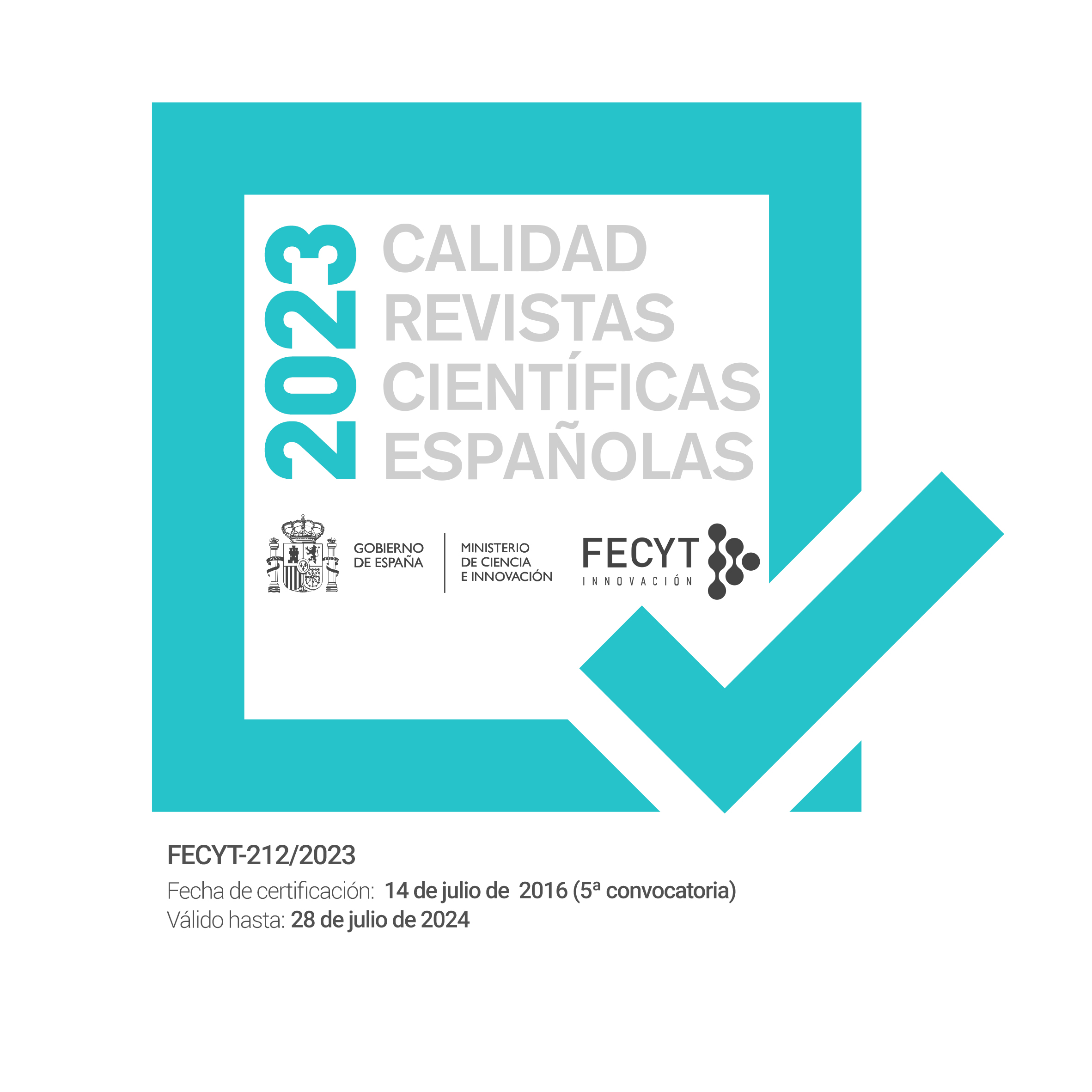La urolitiasis es una enfermedad muy prevalente que ocasiona, además del sufrimiento para los pacientes, un importante coste socio sanitario.
La composición de los cálculos renales, que puede influir en el tratamiento y seguimiento de la enfermedad, varía en las distintas zonas.
En nuestro trabajo se estudia la composición de los cálculos recibidos en el Servicio de Bioquímica del H.C.U de Zaragoza durante el año 2002, con una breve aproximación a la epidemiología de la enfermedad en el Área III de Salud Zaragoza.
La tasa de incidencia fue del 0,35% con un claro predominio en varones; Los cálculos más frecuentes fueron los de oxalato cálcico puro o combinado con carbonato de apatita, aunque el porcentaje de muestras recogidas con respecto al total de diagnósticos apenas superó el 10 %. No se encontraron diferencias significativas entre la composición de los cálculos procedentes de las distintas zonas de nuestra Área, ni en función del sexo de los pacientes.
Dada la influencia de la composición del cálculo para su tratamiento, debemos insistir en la recogida del mayor número de muestras para su análisis, aunque los datos epidemiológicos y el estudio del sedimento de orina pueden ser muy útiles en la práctica diaria.
The urolithiasis is a very common disease that it causes, in addition to the suffering for the patients, an important cost sanitary partner.
The composition of the renal stones that can influence in the treatment and later evaluation of the disease, varies in the different zones.
In our work the composition of the renal stones received in the Biochemistry department of the H.C.U of Zaragoza studies during year 2002, with a brief approach to the epidemiology of the disease in the Area III of Zaragoza.
The rate of incidence was of 0.35 % with a clear predominance in men; the most frequent renal stones were those of pure calcium oxalate or calcium oxalate combined with apatite carbonate, although the percentage of samples gathered with respect to the total of diagnoses as soon as it surpassed 10%.
Not found significant differences between the composition of the renal stones coming from the different zones from our Area, nor based on the sex of the patients.
Given the influence of the composition of the urolithiasis for its treatment, we must insist on the collection of the greater number of samples for its analysis, although the epidemiologic data and the study of the urinary sediment can be used in the practice.









